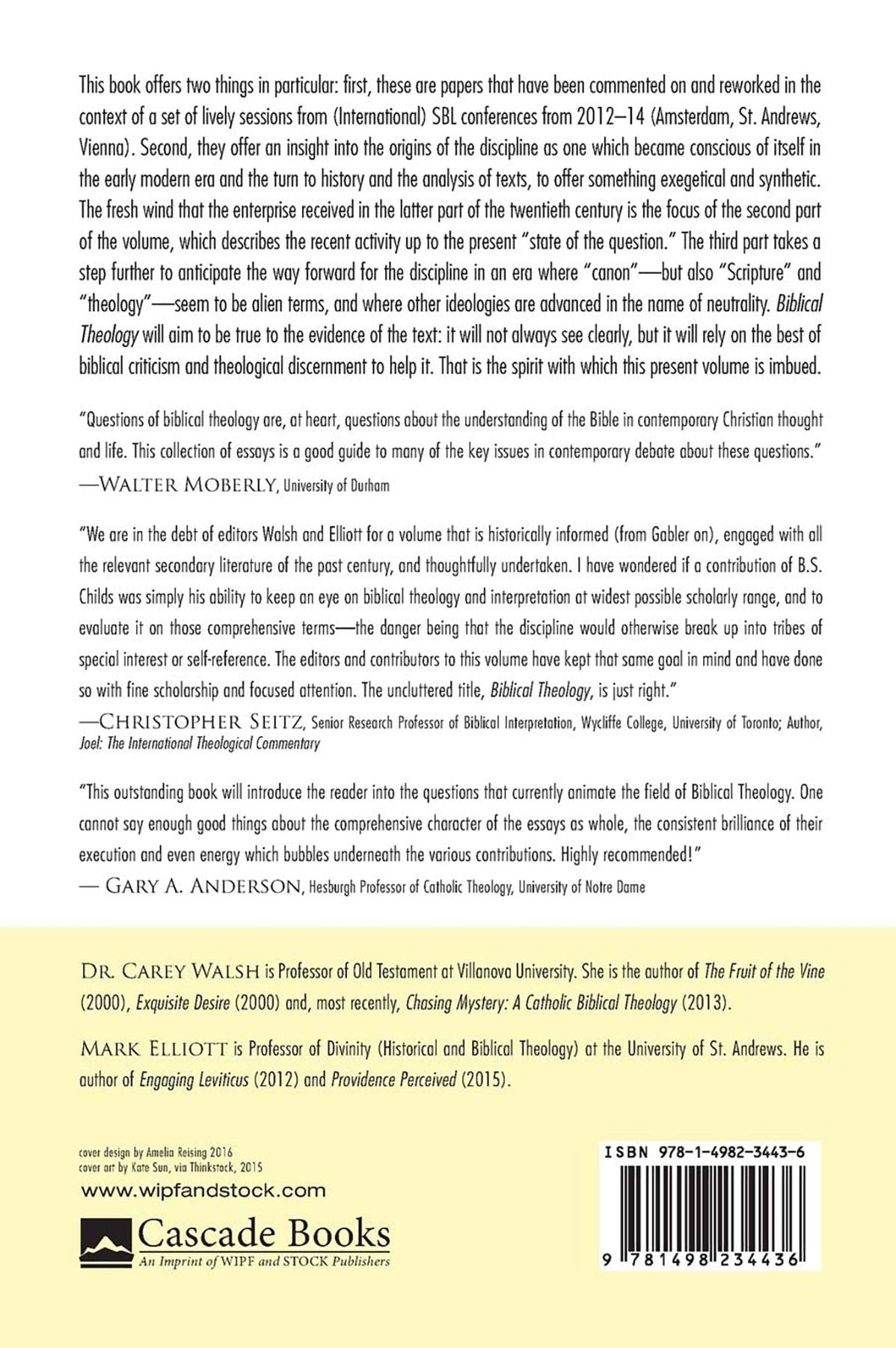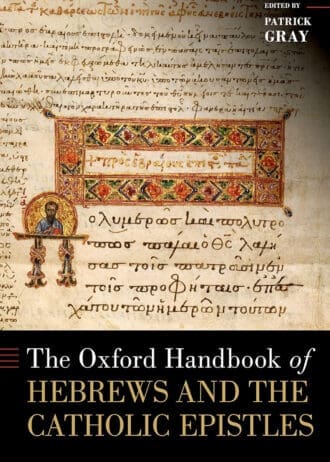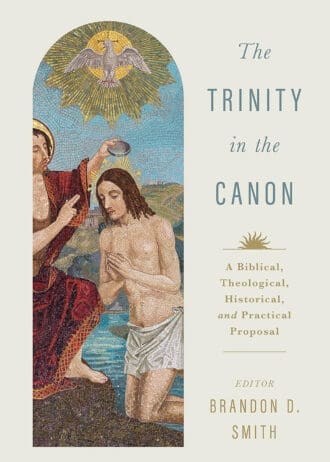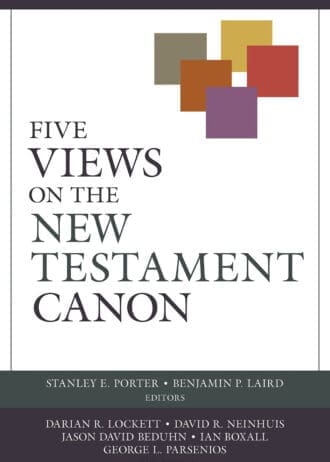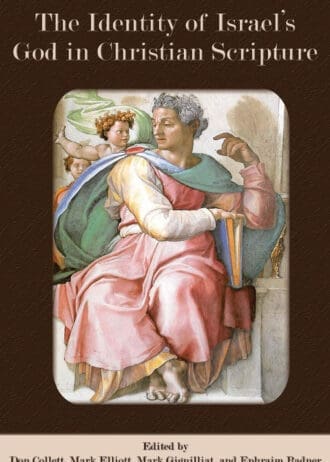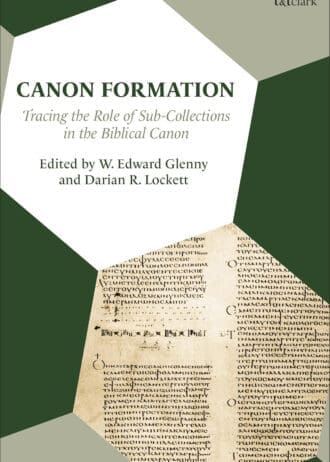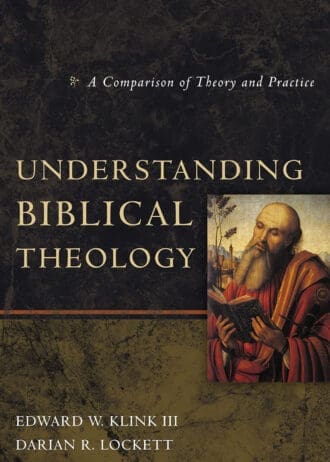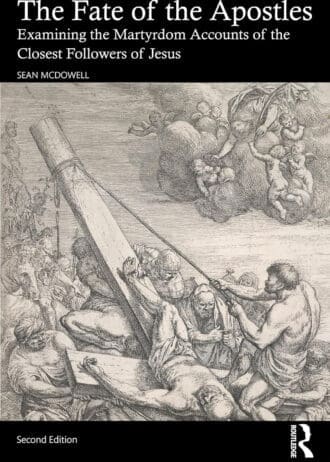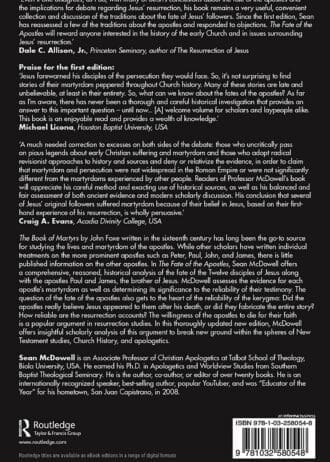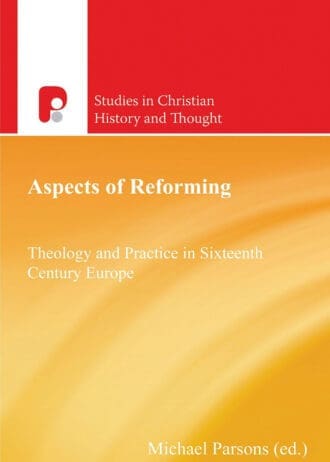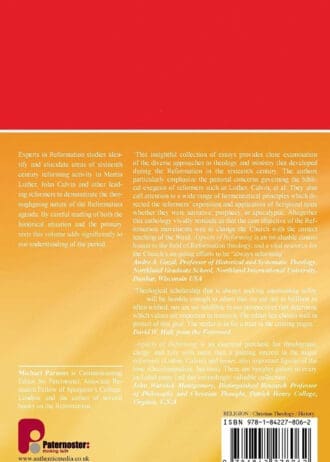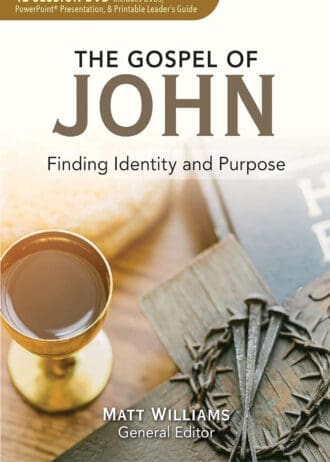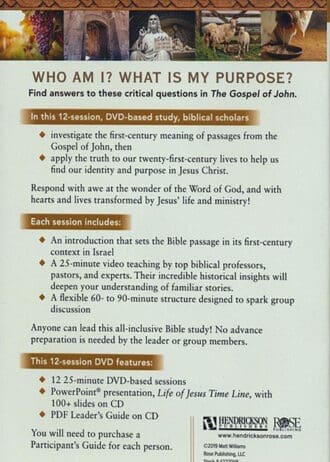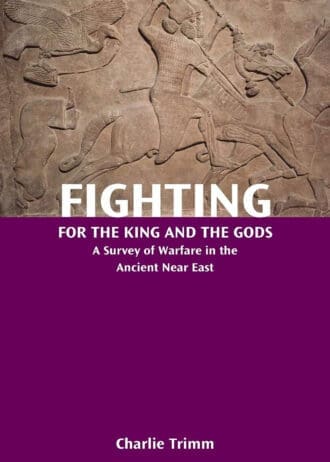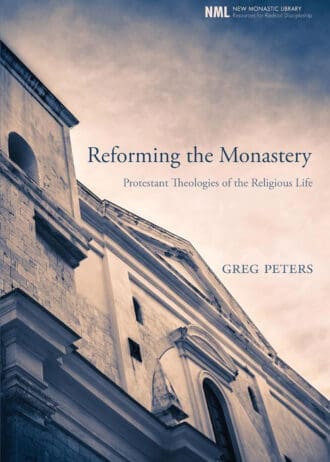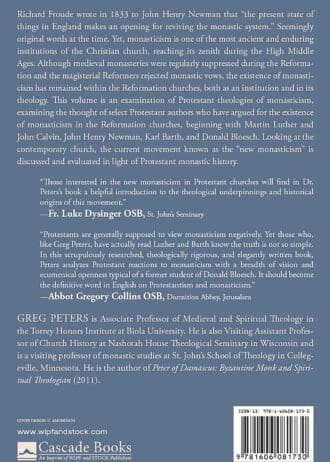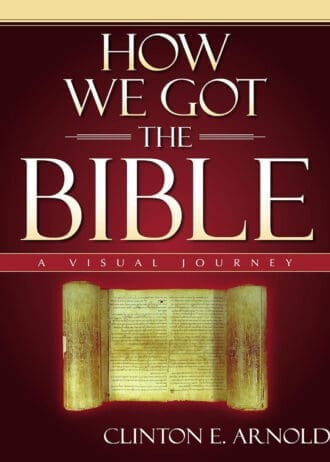This book offers two things in particular: first, these are papers that have been commented on and re-worked in the context of a set of lively sessions from (International) SBL conferences from 2012 to 2014 (Amsterdam, St. Andrews, Vienna). Second, they offer an insight into the origins of the discipline as one which became conscious of itself in the early modern era and the turn to history and the analysis of texts, to offer something exegetical and synthetic. The fresh wind that the enterprise received in the latter part of the twentieth century is the focus of the second part of the volume, which describes the recent activity up to the present “state of the question” The third part takes a step further to anticipate the way forward for the discipline in an era where “canon”–but also “Scripture” and “theology”–seem to be alien terms, and where other ideologies are advanced in the name of neutrality. Biblical Theology will aim to be true to the evidence of the text: it will not always see clearly, but it will rely on the best of biblical criticism and theological discernment to help it. That is the spirit with which this present volume is imbued.
The Oxford Handbook of Hebrews and the Catholic Epistles
While the Gospels, Paul’s Letters, and the Book of Revelation have been well served by volumes orienting readers to the scholarly literature and to their reception histories, Hebrews and the Catholic Epistles have not received nearly the same attention. This relative neglect is in part a legacy of the Reformation in the sixteenth century. Insofar as doctrinal purity in Protestant circles was defined according to rubrics that were, implicitly or explicitly, Pauline in orientation, Hebrews and the Catholic Epistles were at an obvious disadvantage. However, these writings have had a great influence on Christianity throughout the centuries. Divided into four parts-general issues, topics related to Hebrews, topics related to the Catholic Epistles, and reception and engagement-The Oxford Handbook of Hebrews and the Catholic Epistles studies these books individually as witnesses to the cultural and theological diversity of the early church but also for what they reveal about the process that would eventually produce the New Testament canon.


